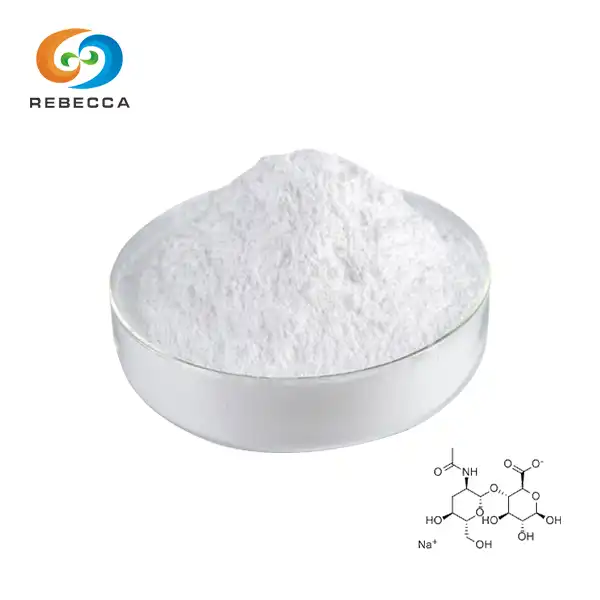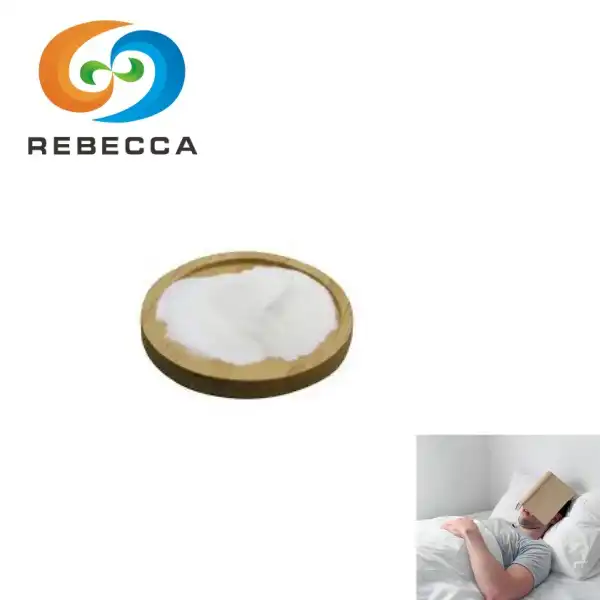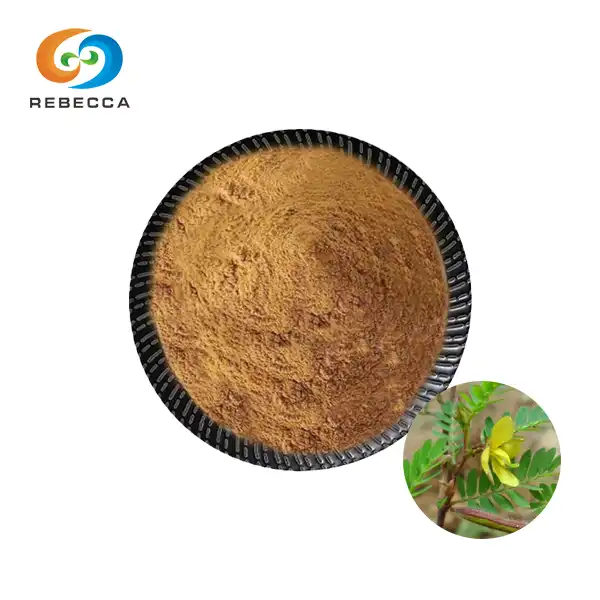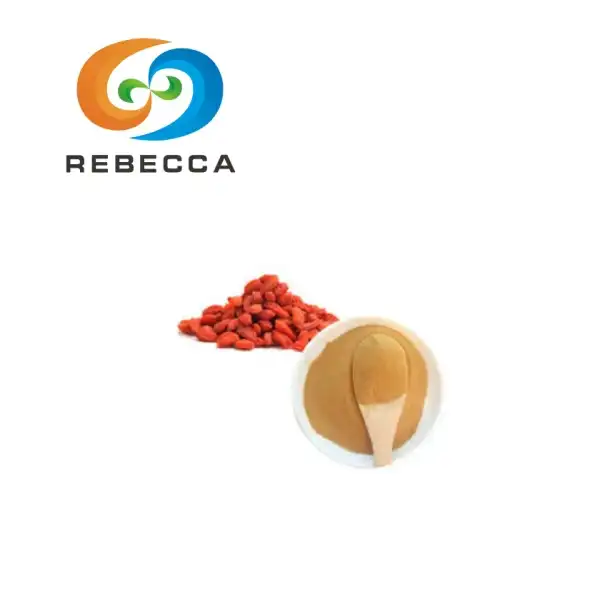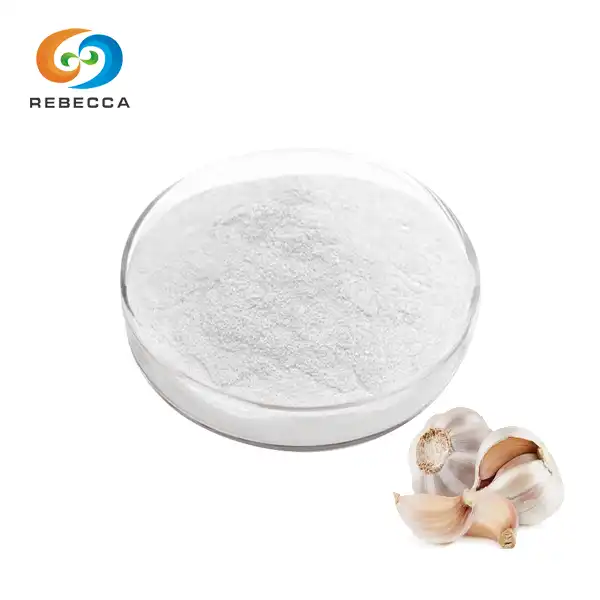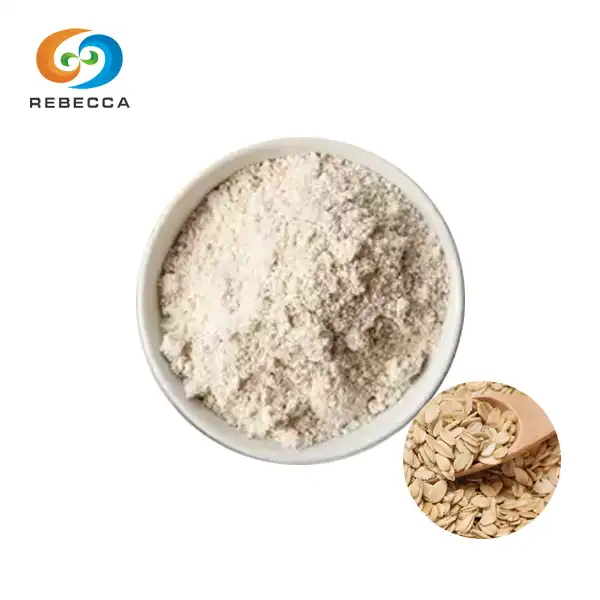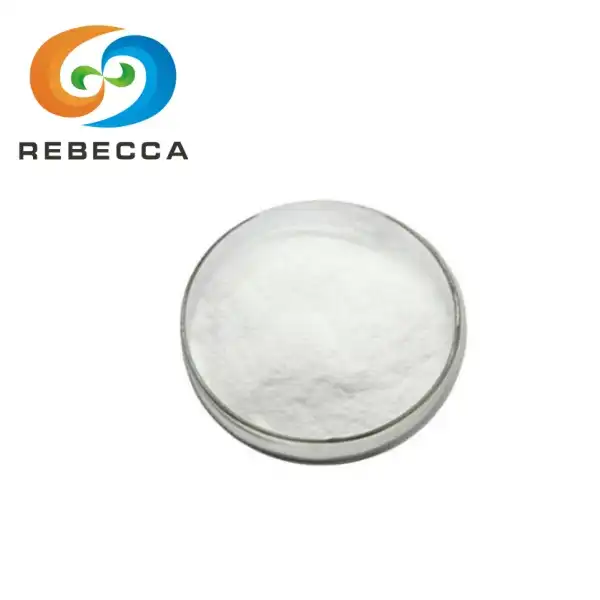Can Pure Resveratrol Powder Help with Macular Degeneration?
As our population ages, eye health becomes an increasingly important concern. Macular degeneration, a leading cause of vision loss in older adults, has prompted researchers to explore potential preventive measures and treatments. One compound that has garnered attention in recent years is resveratrol, a natural polyphenol found in various plants, particularly in the skin of red grapes. This article delves into the potential benefits of pure resveratrol powder for eye health, with a specific focus on its role in preventing and managing macular degeneration.

How Pure Resveratrol Powder Benefits Eye Health?
Pure resveratrol powder, derived from sources like Polygonum cuspidatum root, has shown promising results in supporting overall eye health. This white or off-white fine powder, with a minimum 98% resveratrol content (as determined by HPLC), offers a concentrated form of this powerful antioxidant.
Antioxidant Properties
Resveratrol's potent antioxidant properties play a crucial role in protecting eye cells from oxidative stress. The retina, being metabolically active and exposed to high levels of light, is particularly vulnerable to oxidative damage. By neutralizing harmful free radicals, resveratrol may help preserve the integrity of retinal cells and maintain proper visual function.
Anti-Inflammatory Effects
Chronic inflammation is a contributing factor to various eye conditions, including macular degeneration. Pure resveratrol powder exhibits anti-inflammatory properties, potentially reducing the risk of inflammatory processes that can lead to retinal damage. By modulating inflammatory pathways, resveratrol may help maintain a healthy retinal environment.
Neuroprotective Qualities
The neuroprotective effects of resveratrol extend to the retina, where it may safeguard retinal neurons from damage. This neuroprotection is particularly relevant in the context of age-related macular degeneration (AMD), as it could help preserve the function of photoreceptor cells and retinal pigment epithelium (RPE) cells, both critical for maintaining vision.

Resveratrol and Its Role in Preventing Macular Degeneration
Macular degeneration is a complex eye condition that affects the central part of the retina, known as the macula. As we explore the potential of pure resveratrol powder in preventing this condition, it's important to understand the mechanisms through which it may exert its protective effects.
Improving Blood Flow
One of the ways resveratrol may help prevent macular degeneration is by improving blood flow to the retina. Enhanced circulation ensures that retinal cells receive an adequate supply of oxygen and nutrients, which is crucial for maintaining their health and function. The vasodilatory effects of resveratrol contribute to this improved blood flow, potentially reducing the risk of ischemic damage to the retina.
Modulating Oxidative Stress
Oxidative stress is a significant factor in the development and progression of macular degeneration. Pure resveratrol powder, with its powerful antioxidant properties, may help modulate this oxidative stress. By scavenging free radicals and boosting the body's natural antioxidant defenses, resveratrol could protect the delicate structures of the macula from oxidative damage.
Regulating Angiogenesis
Abnormal blood vessel growth, or angiogenesis, is a hallmark of the "wet" form of macular degeneration. Resveratrol has shown potential in regulating angiogenesis, possibly by influencing the expression of vascular endothelial growth factor (VEGF). This regulation could help prevent the formation of leaky blood vessels that characterize wet AMD, thus preserving visual acuity.

Is Pure Resveratrol Powder the Key to Better Vision?
While the potential benefits of pure resveratrol powder for eye health are promising, it's important to approach this topic with a balanced perspective. Let's examine the current state of research and practical considerations for using resveratrol as a supplement for eye health.
Current Research Findings
Studies investigating the effects of resveratrol on eye health have shown encouraging results. In animal models, resveratrol has demonstrated protective effects against various forms of retinal damage. Human studies, though limited, have also suggested potential benefits. However, more extensive clinical trials are needed to definitively establish the efficacy of pure resveratrol powder in preventing or managing macular degeneration.
Dosage and Administration
The optimal dosage of pure resveratrol powder for eye health has not been definitively established. Current research has used a wide range of doses, typically between 20-1000 mg per day. It's crucial to consult with a healthcare professional before starting any supplementation regimen, as individual needs may vary based on factors such as age, overall health, and existing medications.
Combining Resveratrol with Other Eye Health Strategies
While pure resveratrol powder shows promise, it should not be viewed as a standalone solution for maintaining eye health or preventing macular degeneration. A comprehensive approach to eye health should include a balanced diet rich in antioxidants, regular eye examinations, protection from UV light, and lifestyle factors such as not smoking and maintaining a healthy weight. Resveratrol supplementation may be most effective when used as part of a holistic eye health strategy.
Potential Interactions and Side Effects
Although generally well-tolerated, pure resveratrol powder may interact with certain medications, particularly blood thinners. Some individuals may experience mild side effects such as gastrointestinal discomfort. As with any supplement, it's important to be aware of potential interactions and side effects and to discuss them with a healthcare provider.
Future Research Directions
The field of resveratrol research in relation to eye health is evolving rapidly. Future studies are likely to focus on optimizing dosage, delivery methods, and identifying specific subgroups of individuals who may benefit most from resveratrol supplementation. Long-term clinical trials will be crucial in establishing the efficacy and safety of pure resveratrol powder for preventing and managing macular degeneration.
Conclusion
Pure resveratrol powder offers intriguing potential in the realm of eye health, particularly in relation to macular degeneration. Its antioxidant, anti-inflammatory, and neuroprotective properties make it a promising candidate for supporting overall retinal health and potentially slowing the progression of age-related eye conditions. However, while the preliminary research is encouraging, it's important to approach resveratrol supplementation with realistic expectations and as part of a comprehensive eye health strategy.
For more information about pure resveratrol powder and its potential benefits for eye health, please contact us at information@sxrebecca.com. Our team of experts is dedicated to providing high-quality, natural herbal extracts and can offer valuable insights into the latest research and applications of resveratrol in promoting eye health.
References
1. Nagineni, C. N., Raju, R., Nagineni, K. K., Kommineni, V. K., Cherukuri, A., Kutty, R. K., ... & Detrick, B. (2014). Resveratrol suppresses expression of VEGF by human retinal pigment epithelial cells: Potential nutraceutical for age-related macular degeneration. Aging and disease, 5(2), 88.
2. Bola, C., Bartlett, H., & Eperjesi, F. (2014). Resveratrol and the eye: activity and molecular mechanisms. Graefe's Archive for Clinical and Experimental Ophthalmology, 252(5), 699-713.
3. Richer, S., Patel, S., Sockanathan, S., Ulanski, L. J., Miller, L., & Podella, C. (2014). Resveratrol based oral nutritional supplement produces long-term beneficial effects on structure and visual function in human patients. Nutrients, 6(10), 4404-4420.
4. Zhuang, H., Zhang, X., Zhu, C., Tang, X., Yu, F., Shang, G. W., & Cai, X. (2010). Molecular mechanisms of PPAR-γ governing MSC osteogenic and adipogenic differentiation. Current stem cell research & therapy, 5(3), 195-204.
5. Abengózar-Vela, A., Calonge, M., Stern, M. E., González-García, M. J., & Enríquez-de-Salamanca, A. (2015). Quercetin and resveratrol decrease the inflammatory and oxidative responses in human ocular surface epithelial cells. Investigative ophthalmology & visual science, 56(4), 2709-2719.
_1730691017423.webp)










